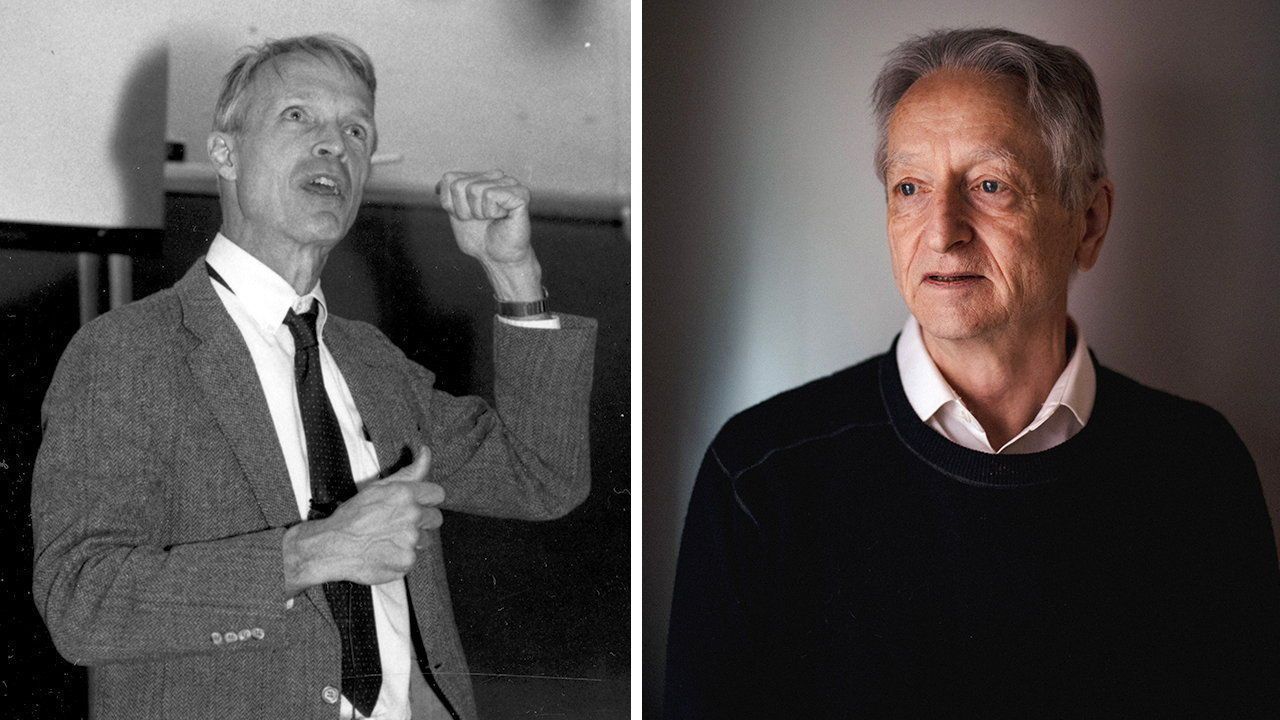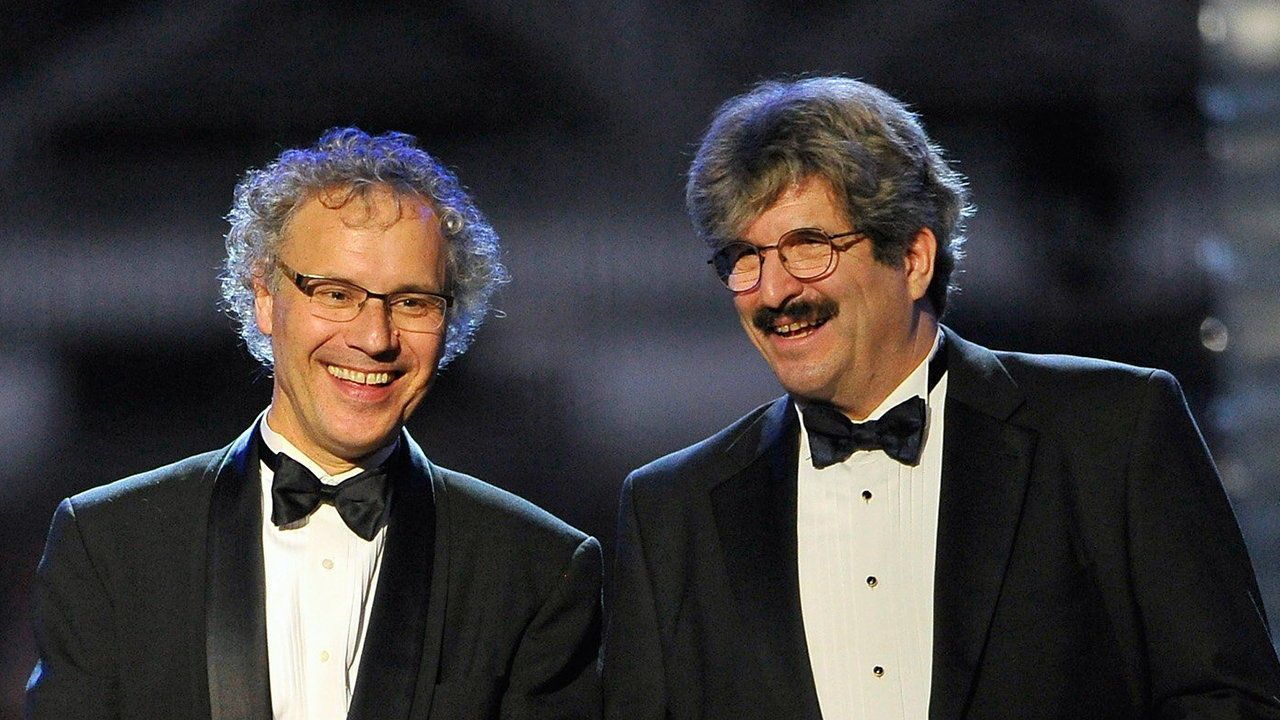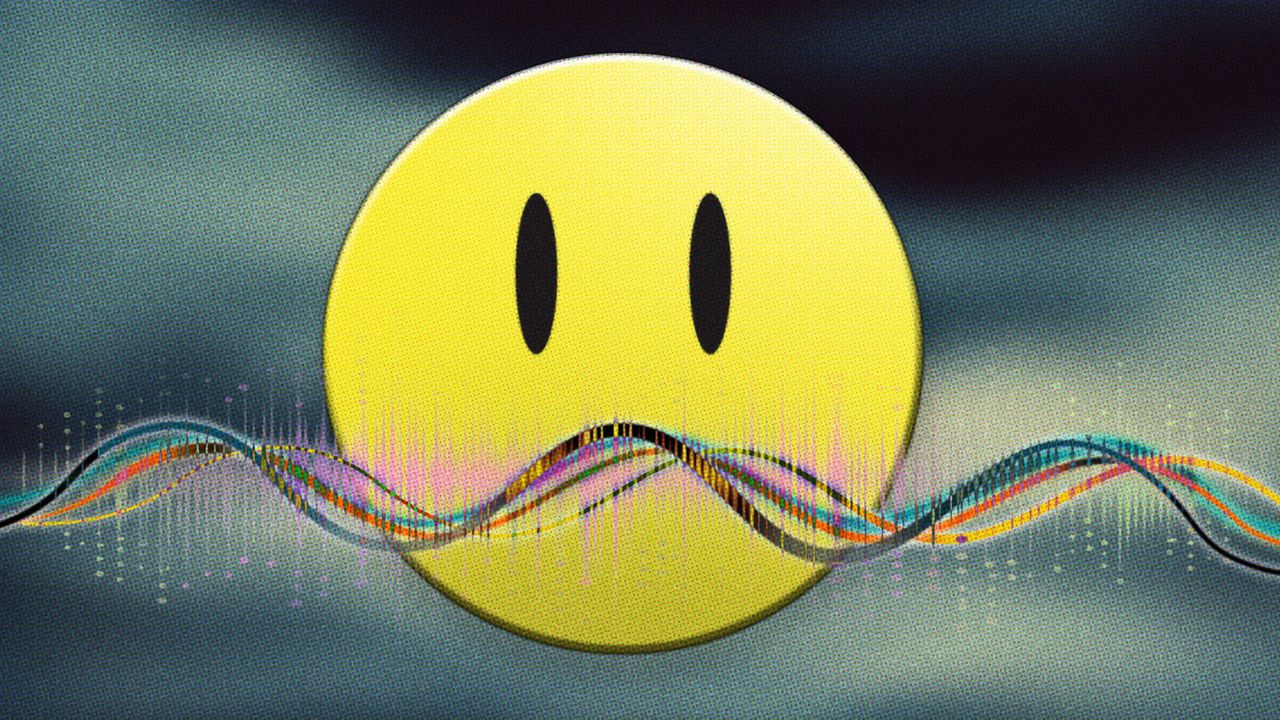Science & technology | The 2024 Nobel prizes
AI researchers receive the Nobel prize for physics
The award, to Geoffrey Hinton and John Hopfield, stretches the definition of the field

NOBEL SCIENCE prizes are awarded in three areas: physics, chemistry and physiology or medicine. But occasionally some noteworthy discovery comes along that does not really fit into any of them. In 1973, for example, three pioneering students of animal behaviour, who worked on honeybees, geese and sticklebacks, were shoehorned into the physiology category.
Discover more

A Nobel prize for the discovery of micro-RNA
These tiny molecules regulate genes and control how cells develop and behave

AI offers an intriguing new way to diagnose mental-health conditions
Models look for sound patterns undetectable by the human ear

Why it’s so hard to tell which climate policies actually work
Better tools are needed to analyse their effects
Isolated communities are more at risk of rare genetic diseases
The isolation can be geographic or cultural
An adult fruit fly brain has been mapped—human brains could follow
For now, it is the most sophisticated connectome ever made
Immune therapy shows promise for asthma, heart disease—and even ageing
Making treatment quick and affordable will be the challenge